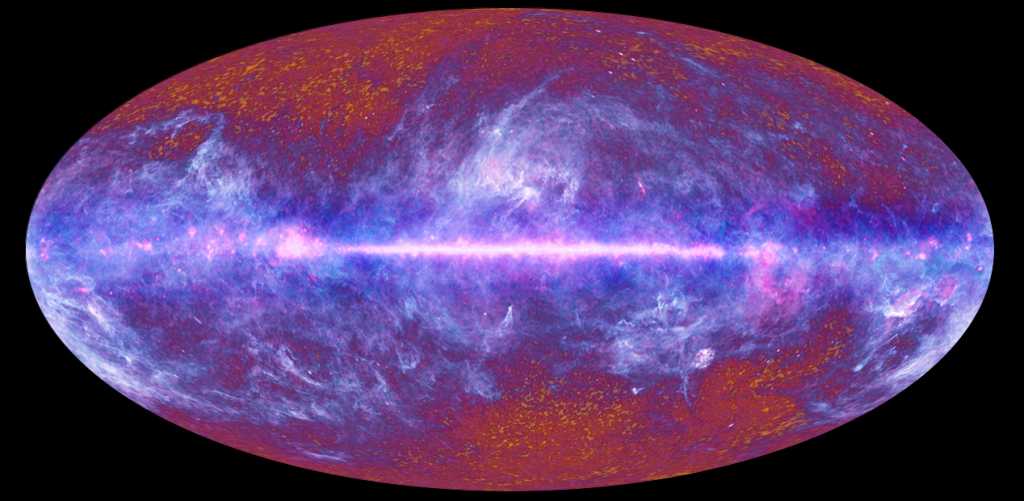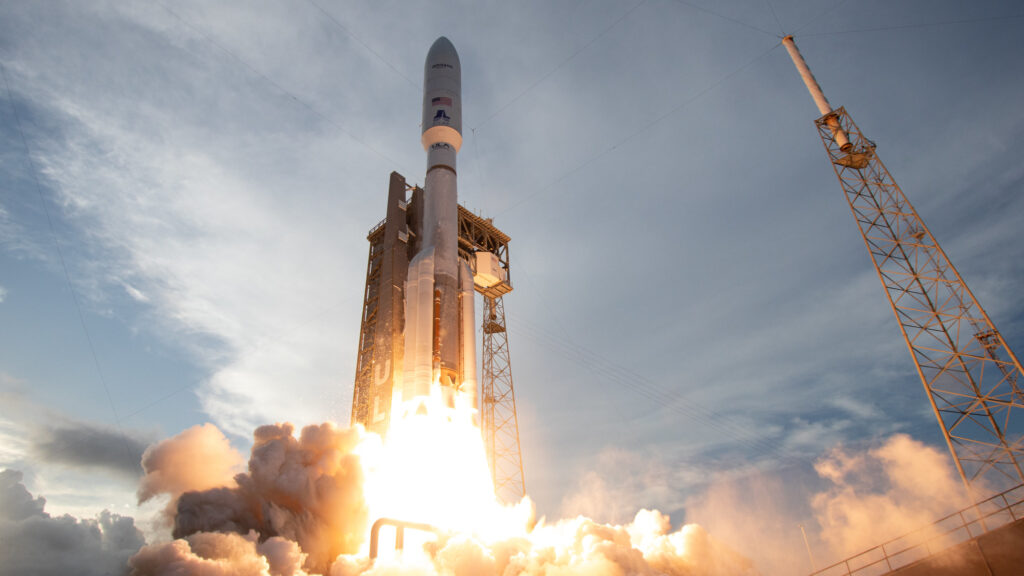Update for 8:38 a.m. EDT: Rocket Lab’s 20th launch of an Electron booster has failed to reach orbit, leading to the loss of two BlackSky satellites. Read our full story on the failed launch.
Rocket Lab will launch two satellites Saturday morning (May 15) and bring a booster down for a controlled ocean splashdown, and you can watch the action live.
An Electron booster will lift off from Rocket Lab’s New Zealand launch site Saturday during a two-hour window that opens at 6 a.m. EDT (1000 GMT; 10:00 p.m. local time), carrying two Earth-observation satellites for the company BlackSky. You can watch live on this page here at Space.com, courtesy of Rocket Lab, or directly via the company; coverage will begin 15-20 minutes before the launch window opens.
This will be the 20th launch for the two-stage Electron, so Rocket Lab has dubbed the mission “Running Out of Toes.” And the company is doing something special on this milestone flight — bringing the Electron’s first stage down for a soft splashdown in the Pacific Ocean under parachutes about 8 minutes and 45 seconds after liftoff. The booster will then be hauled onto the deck of a recovery ship and transported to Rocket Lab’s factory for analysis.
Related: Rocket Lab and its Electron booster (photos)
The company has done this once before, on a November 2020 mission called “Return to Sender.” The goal of such work is to transform Electron from an expendable rocket to one with a reusable first stage.
There’s another splashdown mission on tap for later this year, company representatives have said. If everything looks good with the returned boosters from that launch and “Running Out of Toes,” Rocket Lab could soon put its ultimate rocket recovery plan in action — snatching a falling booster out of the sky with a helicopter.

The 58-foot-tall (18 meters) Electron is designed to give small satellites dedicated rides to orbit. The booster has lofted more than 100 spacecraft over its 19 missions to date, including three of BlackSky’s 130-lb. (60 kilograms) Earth-observation satellites.
The two spacecraft are going up Saturday “in support of the aggressive scaling of BlackSky’s satellite constellation to meet the demand for real-time global monitoring and analysis services for public and private organizations,” Rocket Lab representatives wrote in a mission description.
Mike Wall is the author of “Out There” (Grand Central Publishing, 2018; illustrated by Karl Tate), a book about the search for alien life. Follow him on Twitter @michaeldwall. Follow us on Twitter @Spacedotcom or Facebook.


